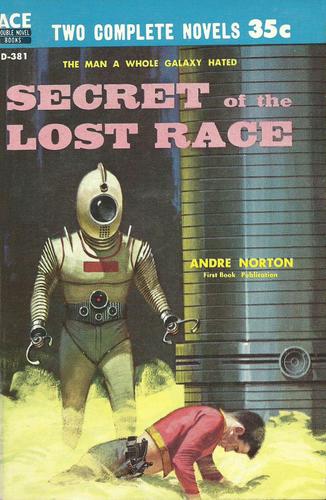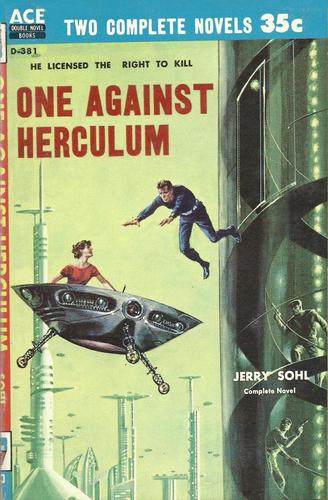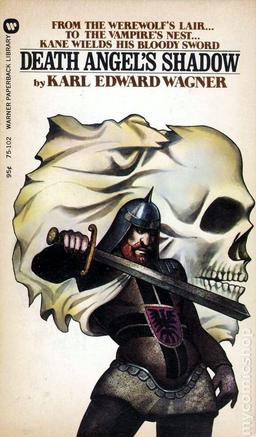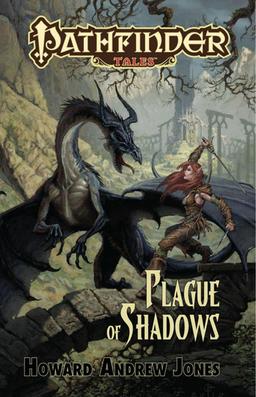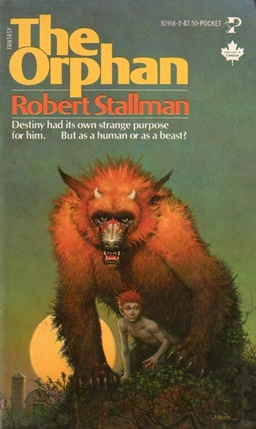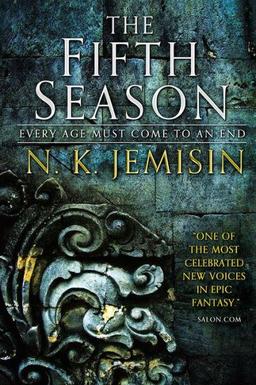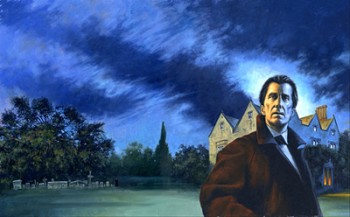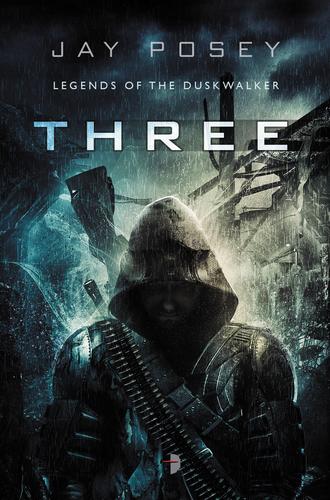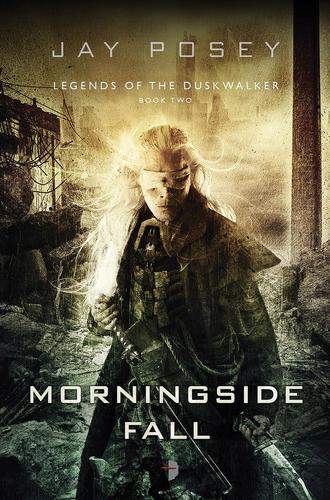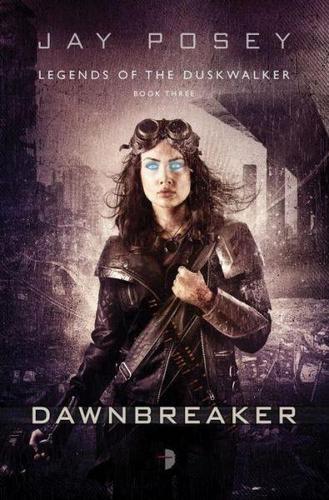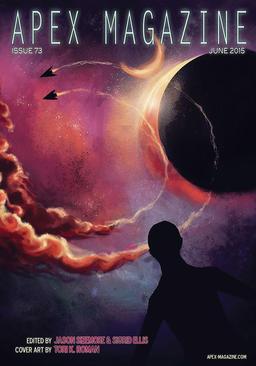Alien Invasions, Transporters, and Restarting the Sun: A Review of Beyond Belief
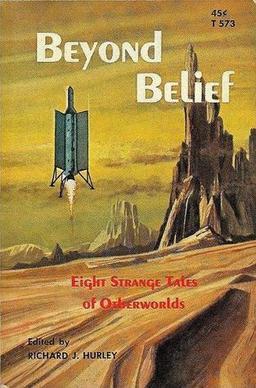 Beyond Belief
Beyond Belief
Edited by Richard J. Hurley
Scholastic Book Services (188 pages, $0.45, April 1966)
Given that Scholastic was the publisher of this anthology, it’s probably fair to assume that it was aimed at what was once called the juvenile demographic. I was in that demographic when the 1973 paperback edition was published.
However, as the publishing credits reveal, most of the stories are drawn from SF magazines of prior decades. None of which were geared to juveniles, as far as I’m aware. It’s a mixed bag, as anthologies often are, but for me the ups outweighed the downs by a bit.
Thumbs Up
“Phoenix,” by Clark Ashton Smith
When you’re listing writers who have a truly distinctive voice, Clark Ashton Smith should probably be near the top. I wasn’t aware that he wrote much science fiction, but this story of humans living on a cold Earth and striving to restart the sun fits the bill. The best story in the book, for me, and one of the best I’ve read for a long time.
“It’s Such a Beautiful Day,” by Isaac Asimov
An interesting effort from Asimov, set far enough in the future that no one goes outside anymore, instead getting from point A to B by using Doors. Any resemblance to transporters is coincidental, since Star Trek came along more than a decade after this story was published. The hook is that one day a young boy decides that he’d rather get around by using old-fashioned doors to go outside and walk from place to place. Naturally, his well-bred, high-toned mother is aghast over this turn of events.
